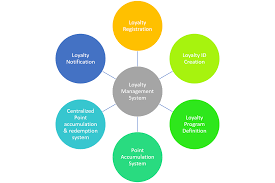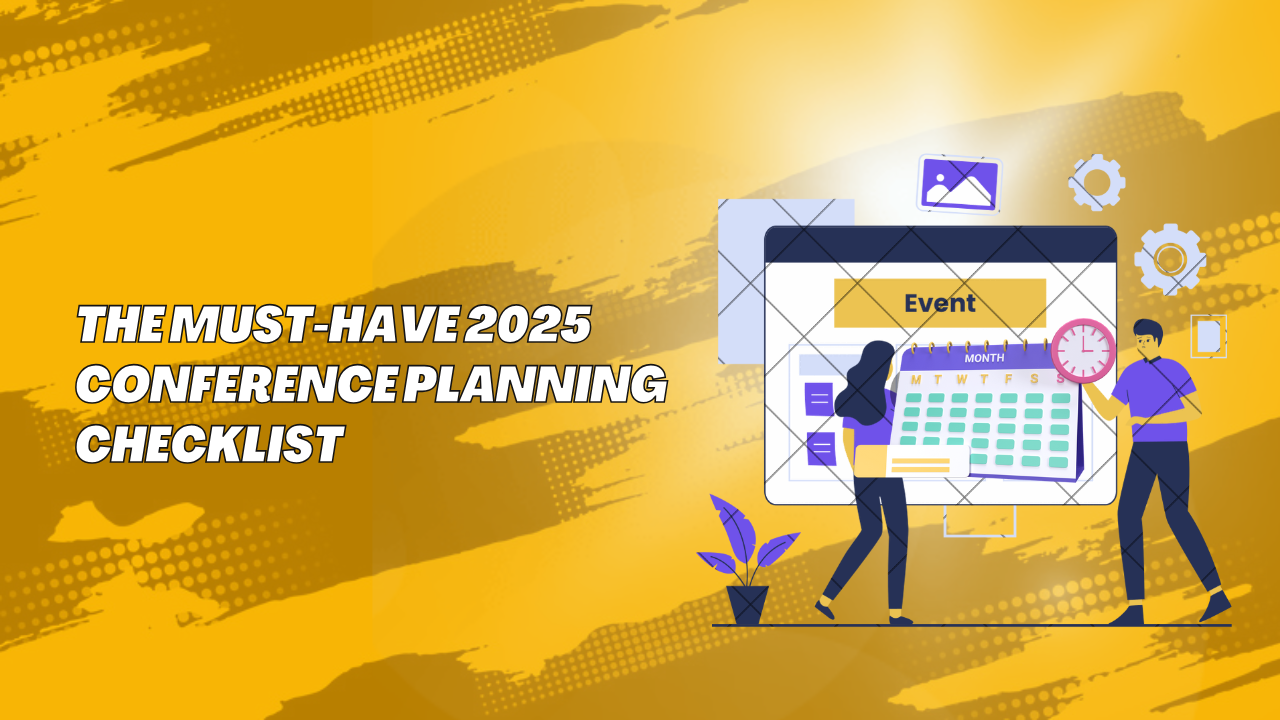In today’s competitive market, businesses must focus on retaining customers as much as acquiring new ones. A well-structured customer loyalty management solution helps organizations enhance customer engagement, improve retention, and drive long-term business growth. By implementing effective strategies, businesses can build strong relationships with their customers and encourage repeat purchases. This article explores various aspects of customer loyalty and the best solutions for managing it successfully.
Understanding Customer Loyalty
Customer loyalty is the commitment of customers to a brand based on positive experiences, trust, and satisfaction. Loyal customers are more likely to make repeat purchases and recommend the brand to others. A well-executed customer loyalty management solution ensures that businesses can maintain and strengthen these valuable relationships.
The Importance of Customer Loyalty Management Solution
A strong customer loyalty management solution enables businesses to track customer behavior, reward loyal clients, and personalize interactions. Research shows that retaining an existing customer is more cost-effective than acquiring a new one. Businesses that invest in loyalty programs and customer-centric strategies enjoy higher profitability, increased brand advocacy, and a stronger market presence.
Key Strategies for Customer Loyalty Management
- Personalized Customer Engagement
Understanding customer preferences and offering tailored recommendations can enhance satisfaction. Personalization through targeted emails, exclusive discounts, and customized product suggestions creates a more engaging experience, increasing brand loyalty. - Reward-Based Loyalty Programs
One of the most effective components of a customer loyalty management solution is a structured rewards program. Providing incentives such as points, discounts, and special privileges encourages repeat purchases. Tiered loyalty programs, where customers unlock greater benefits over time, also drive long-term engagement. - Exceptional Customer Support
High-quality customer service is crucial for maintaining loyalty. Fast response times, efficient issue resolution, and friendly interactions help build trust. Companies that prioritize customer support create positive experiences that encourage repeat business. - Consistent Product and Service Quality
Customers remain loyal to brands that consistently meet their expectations. Businesses should focus on delivering high-quality products, timely services, and value for money. Any decline in quality can lead to customer dissatisfaction and a loss of loyalty. - Omnichannel Communication
Engaging with customers across multiple platforms ensures that they stay connected to the brand. Email marketing, social media, SMS notifications, and mobile apps provide seamless communication. A well-integrated customer loyalty management solution enables businesses to interact effectively across different channels. - Surprise Rewards and Special Offers
Unexpected perks, such as surprise discounts or exclusive offers, enhance customer experiences. These gestures show appreciation and create emotional connections with the brand. Companies that implement surprise rewards often see an increase in customer retention. - Encouraging Customer Feedback and Reviews
Listening to customer feedback is essential for improving products and services. Businesses should actively seek reviews, conduct surveys, and engage in social media discussions. A strong customer loyalty management solution incorporates feedback mechanisms to address concerns and enhance customer satisfaction.
Role of Technology in Customer Loyalty Management
Advancements in technology have made it easier for businesses to implement effective customer loyalty management solutions. Artificial intelligence, data analytics, and customer relationship management (CRM) software enable companies to track customer behavior, automate reward programs, and personalize interactions. Mobile apps and digital wallets also enhance the customer experience by making loyalty programs more accessible and convenient.
Measuring the Success of Customer Loyalty Strategies
To assess the effectiveness of a customer loyalty management solution, businesses should track key performance indicators (KPIs) such as:
- Customer Retention Rate: Measures how many customers continue to purchase from the brand.
- Repeat Purchase Rate: Tracks the frequency of repeat transactions.
- Customer Lifetime Value (CLV): Evaluates the total revenue a business can generate from a single customer over time.
- Net Promoter Score (NPS): Determines how likely customers are to recommend the brand to others.
Analyzing these metrics helps businesses refine their loyalty strategies and make data-driven decisions.
Conclusion
A successful customer loyalty management solution is essential for long-term business growth. By focusing on personalized experiences, reward programs, excellent customer service, and technological integration, businesses can create a strong foundation for customer retention. Implementing these strategies not only boosts revenue but also strengthens brand reputation and fosters long-term customer relationships.




